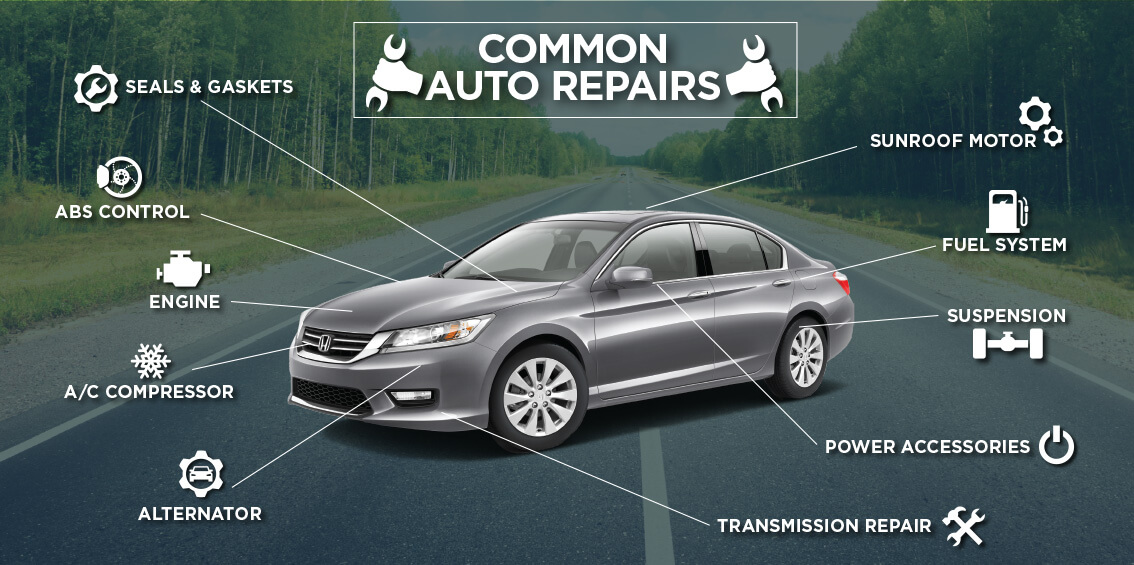


When it comes to acquiring a new car, two primary options prevail: leasing and owning. Each approach offers distinct advantages and considerations that cater to varying lifestyles and financial circumstances. By comprehending the fundamental differences between leasing and owning, you can make an informed decision that aligns with your needs and preferences. It's important to understand the key contrasts between leasing and owning before jumping into a decision. And if you're still unsure once you're finished reading, our sales team at Gastonia Nissan is here to lend a hand and guide you towards the right path!
One of the most apparent disparities between leasing and owning a car lies in the level of commitment. When you choose to own a vehicle, you become its outright owner, responsible for its maintenance, insurance, and eventual resale. This long-term commitment offers the freedom to modify and personalize the car to your liking, without any mileage limitations.
On the other hand, leasing allows you to enjoy the benefits of a new car without the burden of long-term ownership. Leasing is essentially a long-term rental agreement, where you pay a monthly fee to use the vehicle for a predetermined period, typically two to four years. At the end of the lease term, you return the car to the leasing company, leaving you free to lease a new vehicle with updated features or explore other options.

The financial aspects of leasing and owning a car also differ significantly. When you lease a vehicle, your monthly payments are generally lower compared to owning. This is because you are essentially paying for the depreciation of the car during the lease term, rather than the full purchase price. However, it's essential to note that leasing typically requires a down payment at the beginning of the lease term.
When you own a car, you have the advantage of building equity over time. As you pay off the loan, the car becomes an asset that retains some value. Additionally, you have the freedom to sell the vehicle whenever you choose, potentially recouping a portion of your investment. However, owning a car also means you are responsible for its maintenance and repair costs, which can vary significantly depending on the age and condition of the vehicle.
Leasing a car often comes with mileage restrictions, typically ranging from 10,000 to 15,000 miles per year. If you exceed the predetermined mileage limit, you may incur additional charges at the end of the lease term. This restriction can be problematic for individuals who commute long distances or enjoy frequent road trips.
In contrast, owning a car grants you the freedom to drive as much as you desire without incurring any mileage penalties. This flexibility can be especially beneficial for those who have long daily commutes or enjoy exploring new destinations on weekends.
Another factor to consider is maintenance and warranty coverage. When you lease a car, it is typically covered by the manufacturer's warranty for the duration of the lease term. This warranty often encompasses repairs and regular maintenance, providing peace of mind and potentially reducing out-of-pocket expenses.
Ownership, however, means taking on the responsibility of maintaining and repairing the vehicle. While you have the freedom to choose where to service the car, you also bear the financial burden of these expenses once the warranty period expires.

Deciding between leasing and owning a car ultimately comes down to personal preferences, financial considerations, and your specific lifestyle. Leasing offers flexibility, lower monthly payments, and the ability to drive a new car every few years. On the other hand, owning a car grants you long-term ownership, equity building, and the freedom to drive without mileage restrictions.
By understanding the disparities between leasing and owning, you can make an informed decision that best suits your needs. Need more information about financing, leasing, and owning a brand-new Nissan? Our team is happy to help! Visit Gastonia Nissan today near Charlotte.